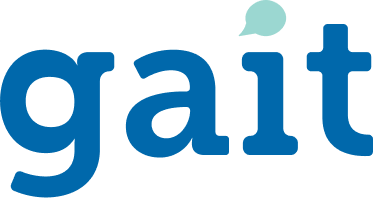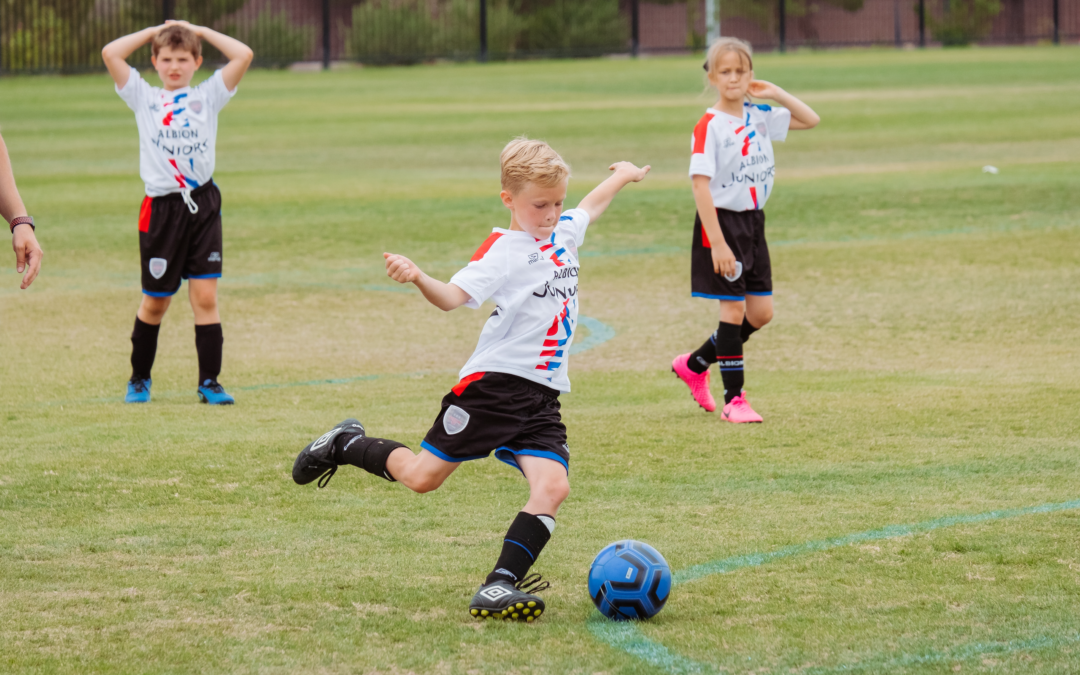- Coaching is a technique to help with ADHD
Children, adolescents and adults with attention-deficit/hyperactivity disorder (ADHD) don’t necessarily need psychotherapy, says psychologist Abigail Levrini, PhD. What they often do need is help getting themselves organized and reaching their goals—coaching, in short.
To fill that niche, Levrini founded an ADHD coaching business called Psych Ed Connections.
Grounded in cognitive-behavioral therapy principles, the intervention she developed is an eight-week program that matches clients with doctoral psychology students who serve as coaches as a practicum experience. Working one-on-one, the coaches and their clients identify two or three goals to tackle, such as improving time-management strategies, managing long-term projects, passing a specific class or even learning to do laundry. Each week, the pair identifies intermediate steps and brainstorms how to overcome obstacles, with rewards and consequences built in to boost motivation.
Educating children and adults about the difference between coaching and therapy is a crucial first step, says Levrini, who often compares being an ADHD coach to being an athletic coach for kids. “You’d never expect to be able to just put on a uniform and go out onto a sports field and play effectively on your own, so why should people with ADHD expect that they should just be able to figure out ways to stay organized or manage their lives effectively without help?” she says. “A coach can help you learn the rules of the game, see where your strengths and weaknesses are and help you ‘play’ more effectively, in sports or in life.”
Coaches and clients then meet each week to outline “baby step” actions and track progress on two to four overall goals. These goals must be specific, measurable, action-driven, realistic and time-sensitive, says Levrini. They should also focus on the process of achieving them as well as the outcomes, she adds.
Another twist on the original program is that coaches and clients don’t necessarily meet face to face, thanks to Psych Ed Connections’s online coaching option.
What people with ADHD need most is help structuring their time, says Thomas. “Having someone to check in with helps them stay focused on what they want to accomplish,” he says, adding that his clients tend to be disorganized college students and adults. “Coaching can help them learn to develop the habits that they’re having trouble developing on their own.”
Clients then call their coaches each morning during the work week to discuss the three main goals they want to accomplish that day. Together clients and their coaches discuss how to accomplish those goals and make a plan. The process takes from 5-10 minutes. As clients internalize these problem-solving skills, the calls taper off.
Article:
Clay, R. (2017). “Coaching Adults, students, and young kids with ADHD” American Psychological Association. Vol. 48. No. 3. Pg. 68


Recent Comments